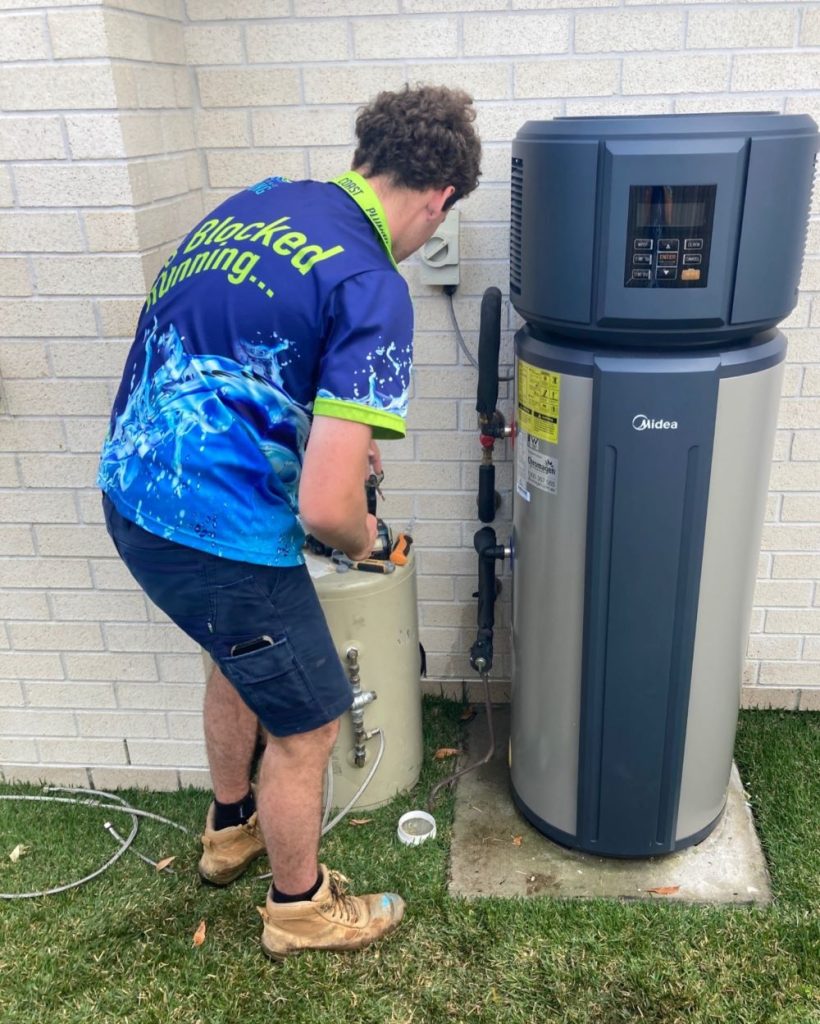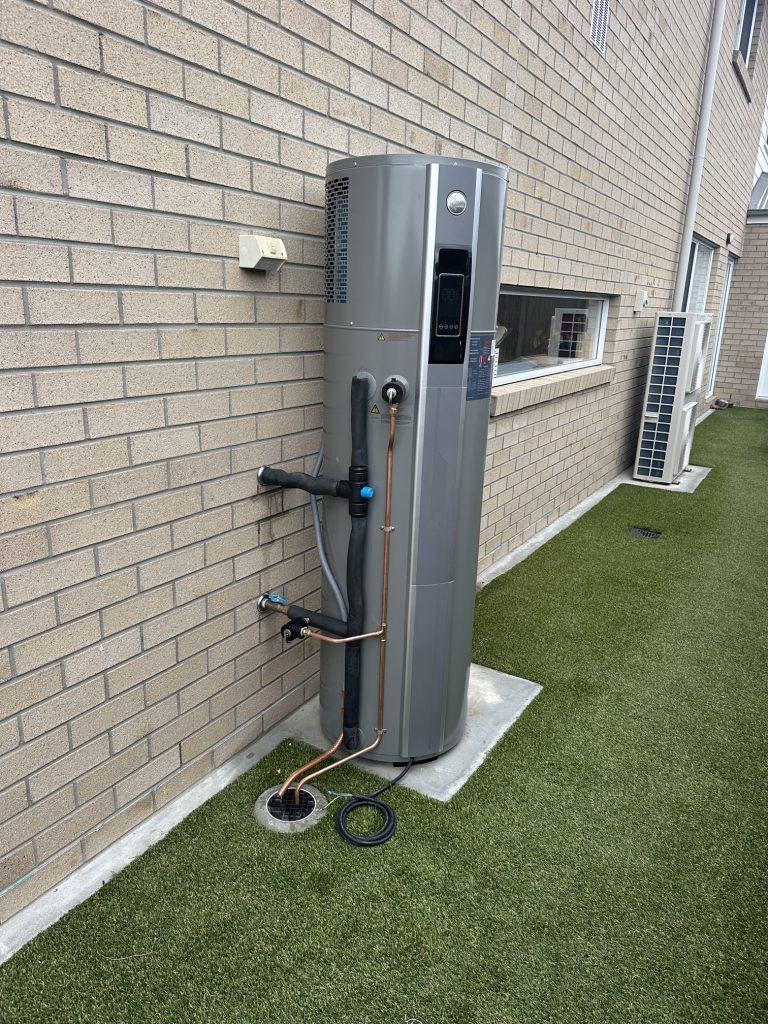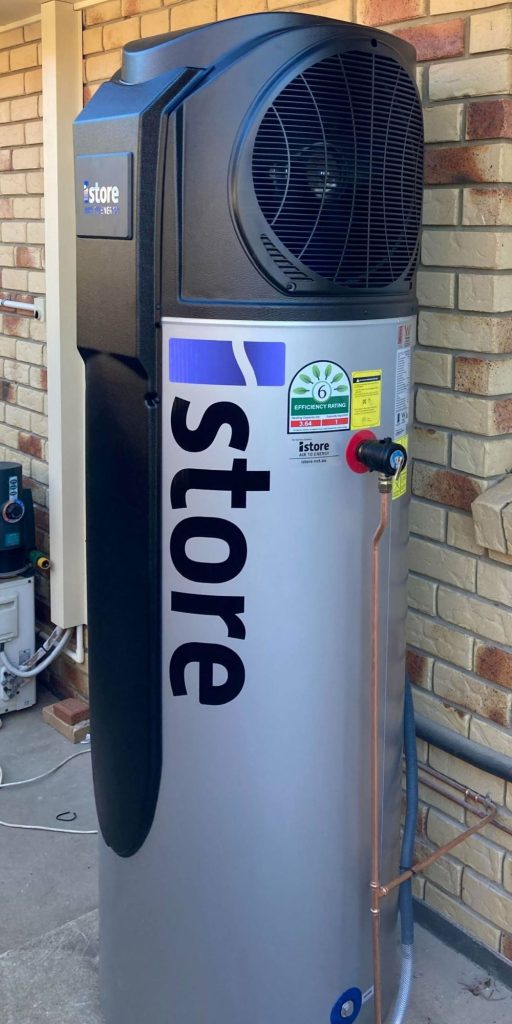Overcoming the Unique Challenges of Selecting Hot Water Systems in Queensland’s Climate
Choosing the ideal hot water system for your home in Queensland involves much more than simply selecting a brand or considering water storage capacity. It necessitates a thorough understanding of how factors such as the local climate, humidity levels, electricity tariffs, and your household's specific daily water consumption can significantly impact the efficiency and performance of your system. With escalating energy costs, many homeowners are turning to heat pumps for their superior energy efficiency and sustainable benefits. However, it is essential to note that these systems may not be optimal for every type of property. A comprehensive evaluation of all contributing elements is vital to ensure that you select a system that will deliver optimal performance and longevity.
This article will delve into the operational effectiveness of heat pumps within Queensland’s varied weather conditions, highlight which types of residences are most compatible with these innovative systems, and dispel common myths that may lead to poor performance or misguided choices when selecting a hot water solution.

Enhancing the Performance of Heat Pumps in Queensland's Coastal Areas
Heat pump water heaters function by extracting thermal energy from the surrounding ambient air. Their efficiency markedly increases with higher air temperatures. In the coastal regions of Queensland, particularly in sought-after locations such as the Sunshine Coast, Brisbane, and the Fraser Coast, average air temperatures typically remain above 5°C, even in the colder months of winter. This consistently warm environment allows heat pumps to operate efficiently throughout the year without the need for electric boosting or additional heating elements that are often necessary in cooler climates. By harnessing this natural energy source, homeowners can significantly reduce their energy bills while also lowering their carbon footprint.
Identifying Environmental Factors That Enhance Heat Pump Efficiency
| Factor | Impact on Heat Pump Functionality | Coastal QLD Efficiency |
|---|---|---|
| Average ambient temperature | Higher = more efficient operation | ✓ Consistently maintained above 5°C |
| Humidity levels | Moderate improvements | ✓ Generally high and stable |
| Access to off-peak electricity | Lower operational costs | ✓ Widely available in most regions |
| Roof shading | Not a significant factor | ✓ No detrimental impact on system |
| Direct sunlight exposure | Not a necessity | ✓ Functions well in shaded conditions |
Understanding Scenarios Where Heat Pumps May Underperform
While heat pumps offer numerous advantages, certain circumstances in Queensland may hinder their performance:
- Inland or elevated areas
In locations such as Toowoomba or the Hinterland, overnight temperatures can drop significantly during winter months. In these cases, some heat pump models may struggle to maintain optimal efficiency without the assistance of a booster element. This can result in higher energy consumption and increased operational costs. - Limited or poorly ventilated outdoor spaces
Heat pumps require adequate airflow around their compressor units to function effectively. In cramped or enclosed settings, the efficiency of heat extraction may decline, and operational noise may rise, potentially disrupting residents’ peace. - Large households with high water demand
In homes accommodating more than six occupants, systems designed for greater water storage or quicker recovery times, such as solar-boosted gas systems, may be more suitable for efficiently meeting substantial hot water needs.
Dispelling Myths About Heat Pumps in Queensland
“They become ineffective during winter.”
This notion may apply to colder southern climates; however, it is inaccurate for Queensland. In regions where average temperatures consistently exceed 5°C, heat pumps retain their efficiency throughout winter, continuing to provide reliable hot water solutions even during the cooler months.
“Solar panels are essential for heat pumps to operate.”
This assertion is somewhat misleading. Heat pumps can function independently of solar photovoltaic (PV) systems, although integrating them with solar energy can optimise your energy savings and enhance sustainability.
“Heat pumps are excessively noisy and disruptive.”
Contemporary heat pump systems are designed to operate much more quietly than older models. When installed correctly in well-ventilated areas, the noise produced by the compressor unit is typically minimal, ensuring comfortable living conditions.
Effective Strategies for Optimising Heat Pump Installation and Performance in Queensland
- Select a system tailored for Australian conditions
Opt for models that exhibit high-efficiency ratings and provide reliable local support, such as istore or Stiebel Eltron, which are well-regarded for their performance in the Australian climate. - Install in a well-ventilated yet shaded location
While heat pumps do not require direct sunlight, they must have adequate airflow around the unit to operate efficiently and effectively. - Utilise timers or smart controls
By programming the system to function during periods of solar power generation or off-peak electricity hours, you can significantly enhance energy savings and reduce overall costs. - Correctly size your system
A capacity of 250–300 litres is typically adequate for the needs of most families. An undersized system can lead to performance issues and reliance on boosting mechanisms, resulting in increased energy usage.
The Essential Role of Local Expertise in Successful Heat Pump Installations
The installation of a heat pump requires a tailored approach to achieve optimal results. The most effective outcomes are achieved through collaboration with a local plumber who possesses in-depth knowledge about:
- Performance tailored to local climate conditions, ensuring optimal efficiency
- Eligibility for rebates such as Small-scale Technology Certificates (STCs) and various Queensland government incentives aimed at promoting energy efficiency
- Optimal placement and ventilation strategies for the unit to enhance overall performance
- Integration with solar PV systems or battery storage solutions, if applicable, to maximise energy efficiency
At Creek to Coast Plumbing, we specialise in providing and installing high-performance hot water systems, including heat pumps, across the Sunshine Coast and Moreton Bay regions. Our dedicated team is committed to helping you identify the most suitable hot water service that will best meet your specific needs. As the demand for energy-efficient hot water solutions continues to rise, many individuals find themselves comparing solar options with heat pumps. We will evaluate the unique conditions of your home, recommend the optimal system, and ensure you are well-equipped for maximum efficiency.
Discover more information about our Heat Pump Hot Water Installations or contact us for a personalised recommendation tailored to your specific requirements.
The Article: Heat Pumps in Queensland: Effective Solutions and Pitfalls first appeared on https://writebuff.com
The Article Heat Pumps in Queensland: Benefits and Challenges Explained Was Found On https://limitsofstrategy.com



